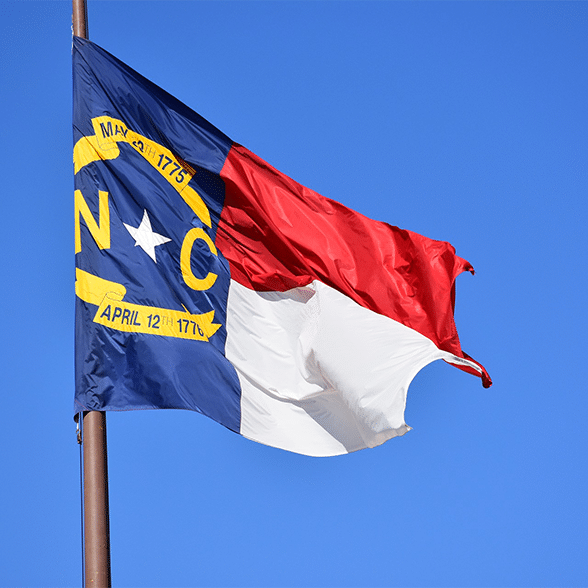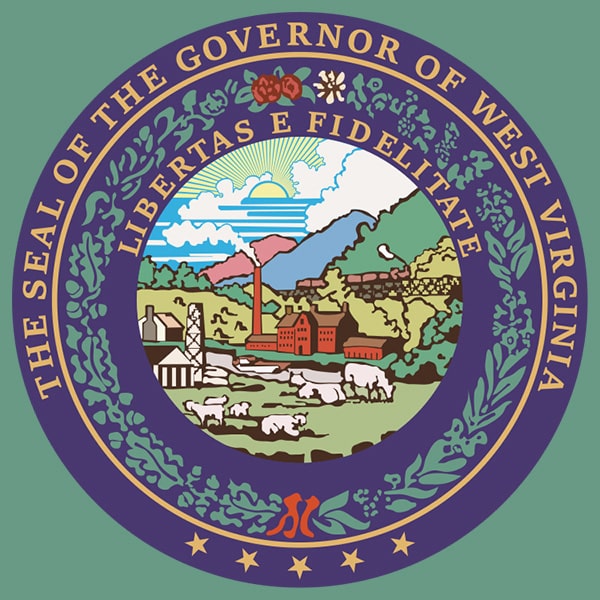At last count, New Hampshire had about 31,000 unserved and underserved locations eligible for the $42.5 billion BEAD rural broadband funding program. Matthew Conserva, New Hampshire’s broadband program manager, expects that number to drop considerably by the time the state starts taking applications for $197 million in BEAD funding allotted to it.
The number of locations eligible for BEAD funding has been declining as deployments are made that were funded through various federal funding programs, Conserva told Telecompetitor in an interview.
Conserva expects the final tally of eligible locations to be something over 10,000, which means that available dollars will go further than might initially have been expected.
New Hampshire established its broadband office in 2021, just shortly before the government allocated $10 billion in Capital Project Fund (CPF) money to the states that could be used for broadband buildouts or certain other purposes. Conserva has been part of the New Hampshire broadband office from the beginning.
He came to the office from the state’s department of transportation, where he was involved with transportation system management. Prior to that, he spent 24 years working for two communications service providers.
The opportunity to move to the broadband office was “a really good fit with my background,” Conserva said. And when his predecessor resigned, he moved into the broadband manager position.
CPF Awards Made
New Hampshire already awarded $116 million that the state received from the CPF program for broadband deployments.
The awards were made through two different programs—the Broadband Contract program and the Broadband Matching Grant program. The state allocated $90 million to the Broadband Contract program and $26 million to the Matching Grant program.
Both programs covered some of the costs of making high-speed broadband available to eligible locations. The key difference between the two programs is that the Matching Grant program required service providers to contribute at least 25% of total project costs, while the Broadband Contract program didn’t have a matching fund requirement.
In reaching out to service providers for the Broadband Contract program, “we asked them what they could do for us for the money available,” Conserva explained. And although providers weren’t required to foot any of the bill, both awardees contributed toward total construction costs.
The awardees were New Hampshire Electric Co-operative, which received $50 million, and Consolidated Communications, which won $40 million.
The three awardees in the Matching Grant program were Consolidated (which won $11.8 million), HUBB66 Inc. ($8.4 million), and Comcast (which won the remainder of the funding available). Collectively, the providers contributed an average of 36% of total project costs, Conserva told us.
Getting Set for BEAD
New Hampshire is in a somewhat unique position in that it expects to award a large part of its BEAD funding for line extensions — covering some of the costs of deploying links from the customer location to a local service provider.
Nearly 100% (about 99.9%) of municipalities in the state have some type of broadband, Conserva explained.
“We’re not like some states that have whole counties” without broadband, he noted.
This reality will help streamline deployments in the state because providers already have connectivity to utility poles and other benefits that come from an existing presence in a project area.
Project areas will be based on town boundaries, and if providers win funding to offer service in a town, they must reach every address in the town.
New Hampshire is currently waiting for NTIA approval of its eligible locations data. In the meantime, the state hopes to complete its pre-qualification process for service providers that want to apply for funding. That process began last week.
The state expects to do just a single BEAD funding round. “That’s all we have time for,” Conserva said.
States must select BEAD awardees and submit a final proposal within a year of receiving NTIA approval on Volume 1 and Volume 2 of their initial proposals. New Hampshire received final approval on that in June.
The state has not yet determined how to define its extremely high-cost threshold, which will determine which eligible locations will be served by technology other than fiber broadband. But that may be a moot issue.
According to Conserva, “We will be able to reach everyone, possibly everyone with fiber.”
Additional information about New Hampshire broadband, including links to state funding resources, awards made, state specific Telecompetitor coverage and more, can be found on the Telecompetitor Broadband Nation webpage for the state.




